To provide the best experiences, we use technologies like cookies to store and/or access device information. Consenting to these technologies will allow us to process data such as browsing behaviour or unique IDs on this site. Not consenting or withdrawing consent, may adversely affect certain features and functions.
The technical storage or access is strictly necessary for the legitimate purpose of enabling the use of a specific service explicitly requested by the subscriber or user, or for the sole purpose of carrying out the transmission of a communication over an electronic communications network.
The technical storage or access is necessary for the legitimate purpose of storing preferences that are not requested by the subscriber or user.
The technical storage or access that is used exclusively for statistical purposes.
The technical storage or access that is used exclusively for anonymous statistical purposes. Without a subpoena, voluntary compliance on the part of your Internet Service Provider, or additional records from a third party, information stored or retrieved for this purpose alone cannot usually be used to identify you.
The technical storage or access is required to create user profiles to send advertising, or to track the user on a website or across several websites for similar marketing purposes.
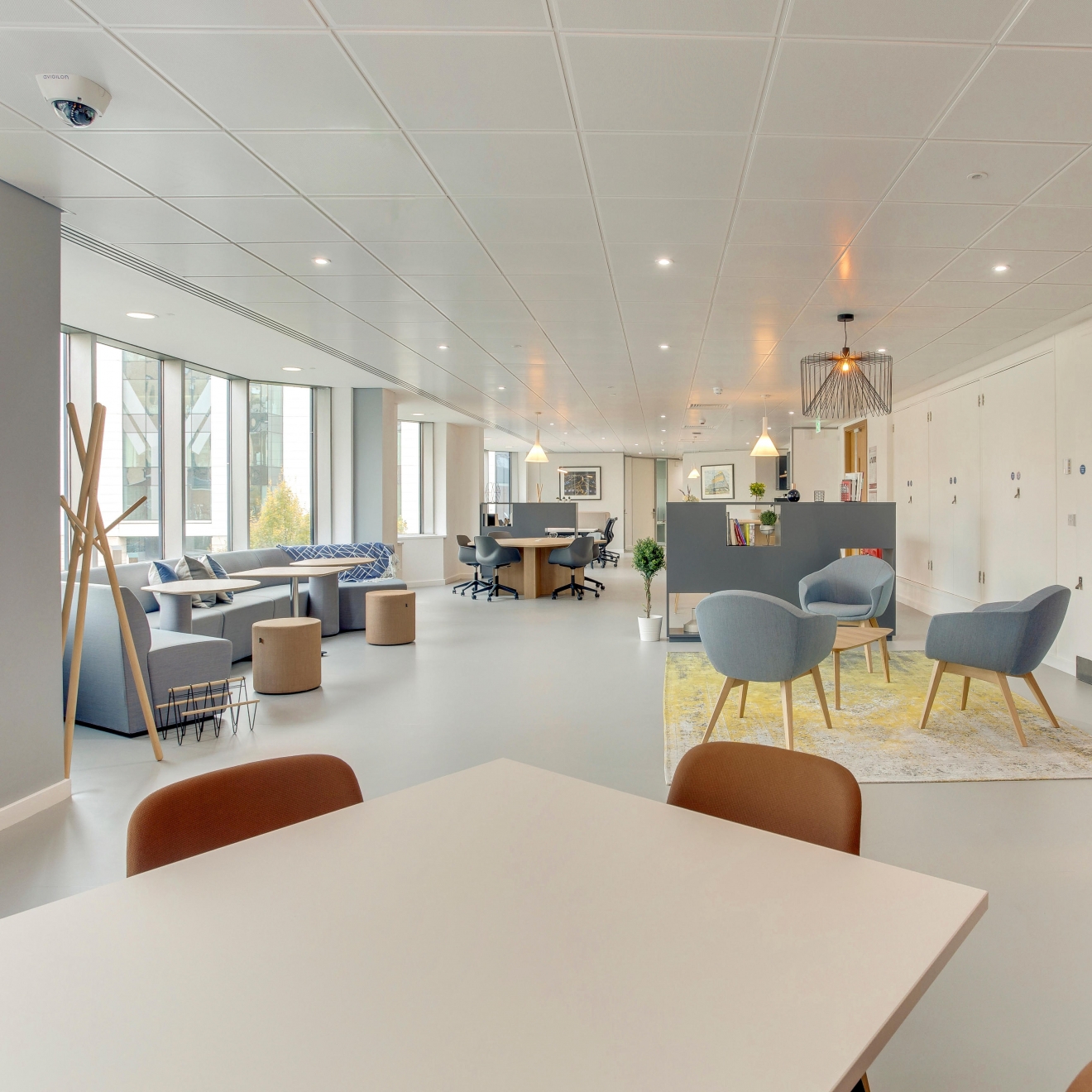 The increasing migration of flexible offices to the outskirts of major UK cities is creating a ‘flex economy’ that could contribute more than £12 billion to local economies in the next decade. That’s according to the first comprehensive socio-economic study of second-city and suburban workspaces. The analysis, conducted by economists on behalf of Regus, claims that as Brexit uncertainty continues to impact the economic landscape, individual flexible workspaces in suburban areas could be a welcome lifeline for local economies.
The increasing migration of flexible offices to the outskirts of major UK cities is creating a ‘flex economy’ that could contribute more than £12 billion to local economies in the next decade. That’s according to the first comprehensive socio-economic study of second-city and suburban workspaces. The analysis, conducted by economists on behalf of Regus, claims that as Brexit uncertainty continues to impact the economic landscape, individual flexible workspaces in suburban areas could be a welcome lifeline for local economies.











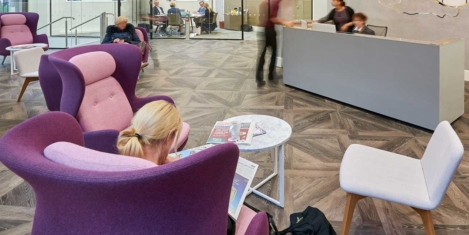
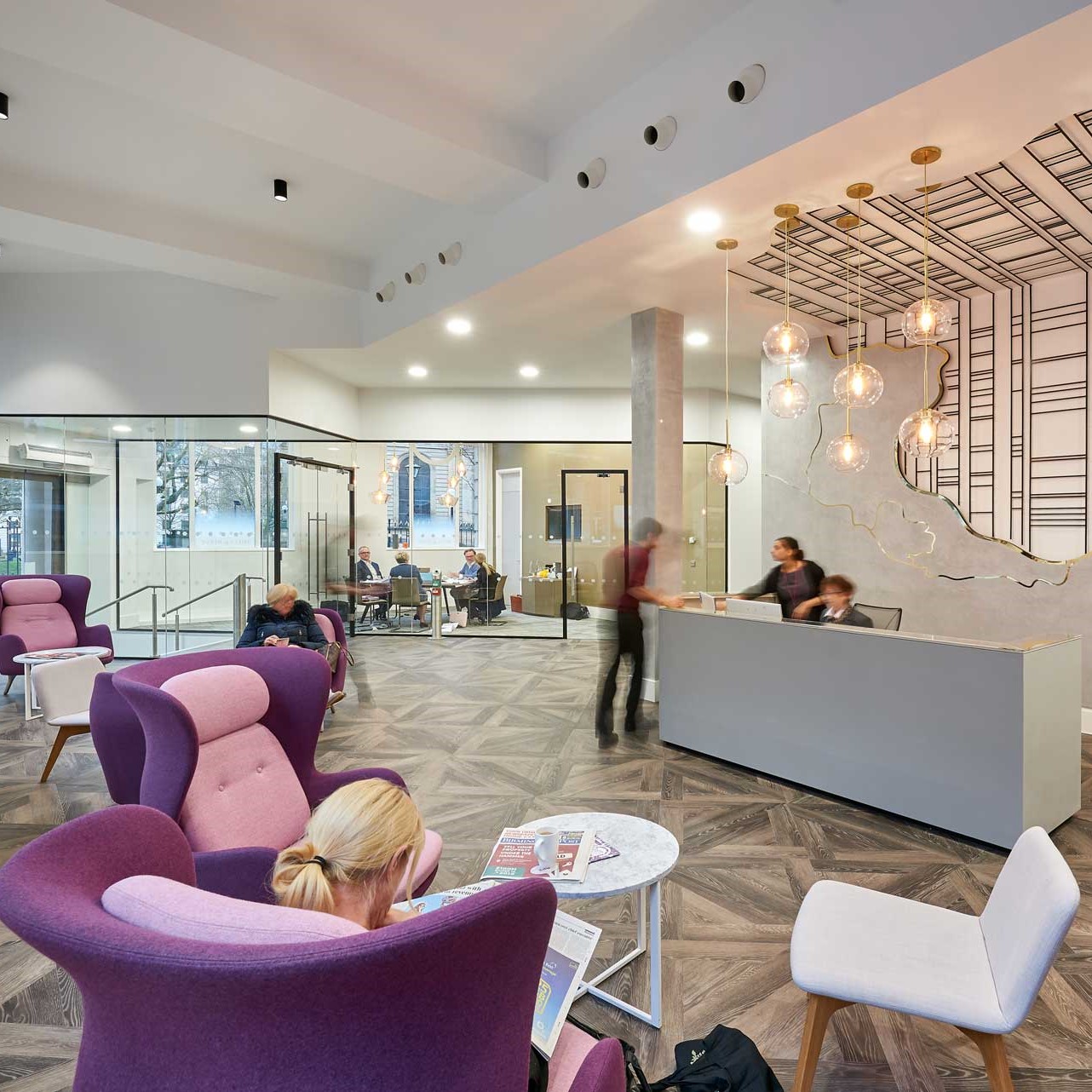






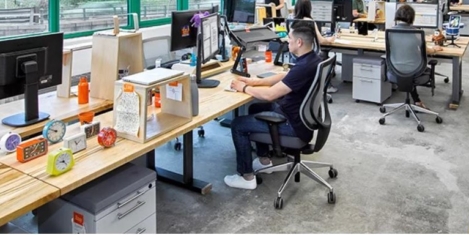
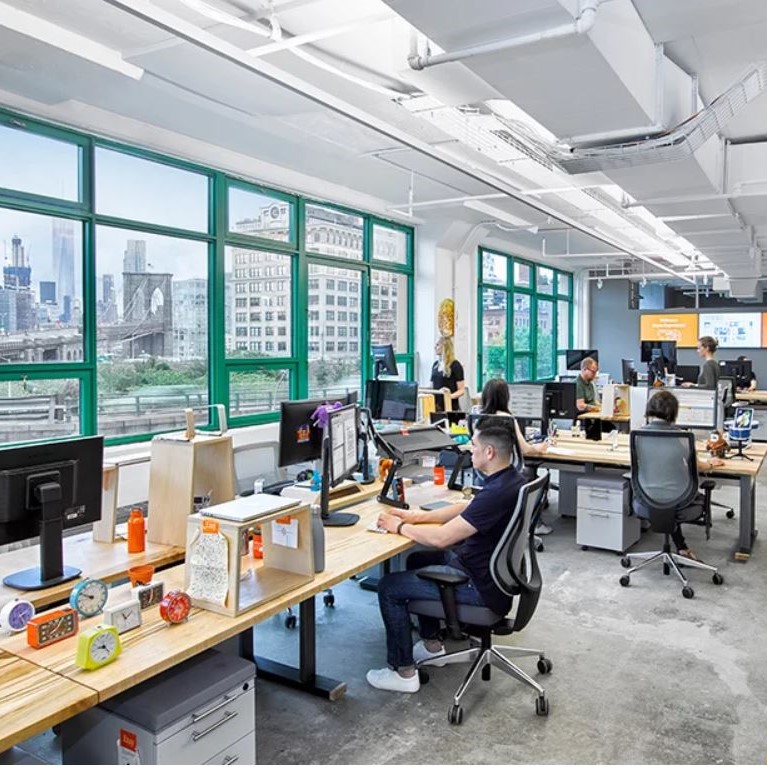





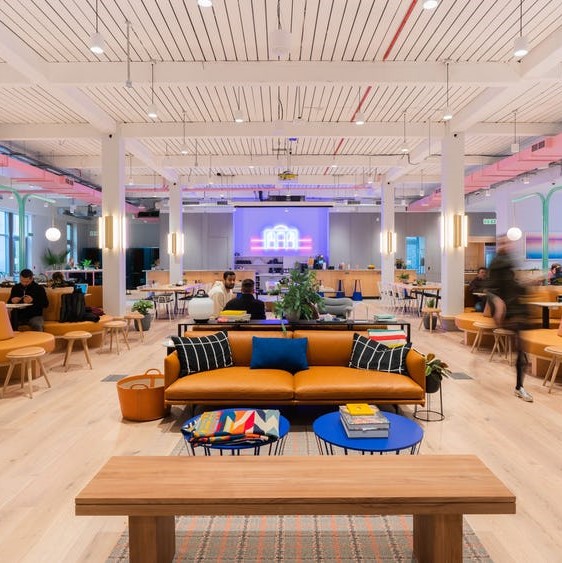









September 10, 2019
Are coworking spaces really all the same?
by Uri Bar-Joseph • Comment, Coworking, Technology, Workplace design
(more…)